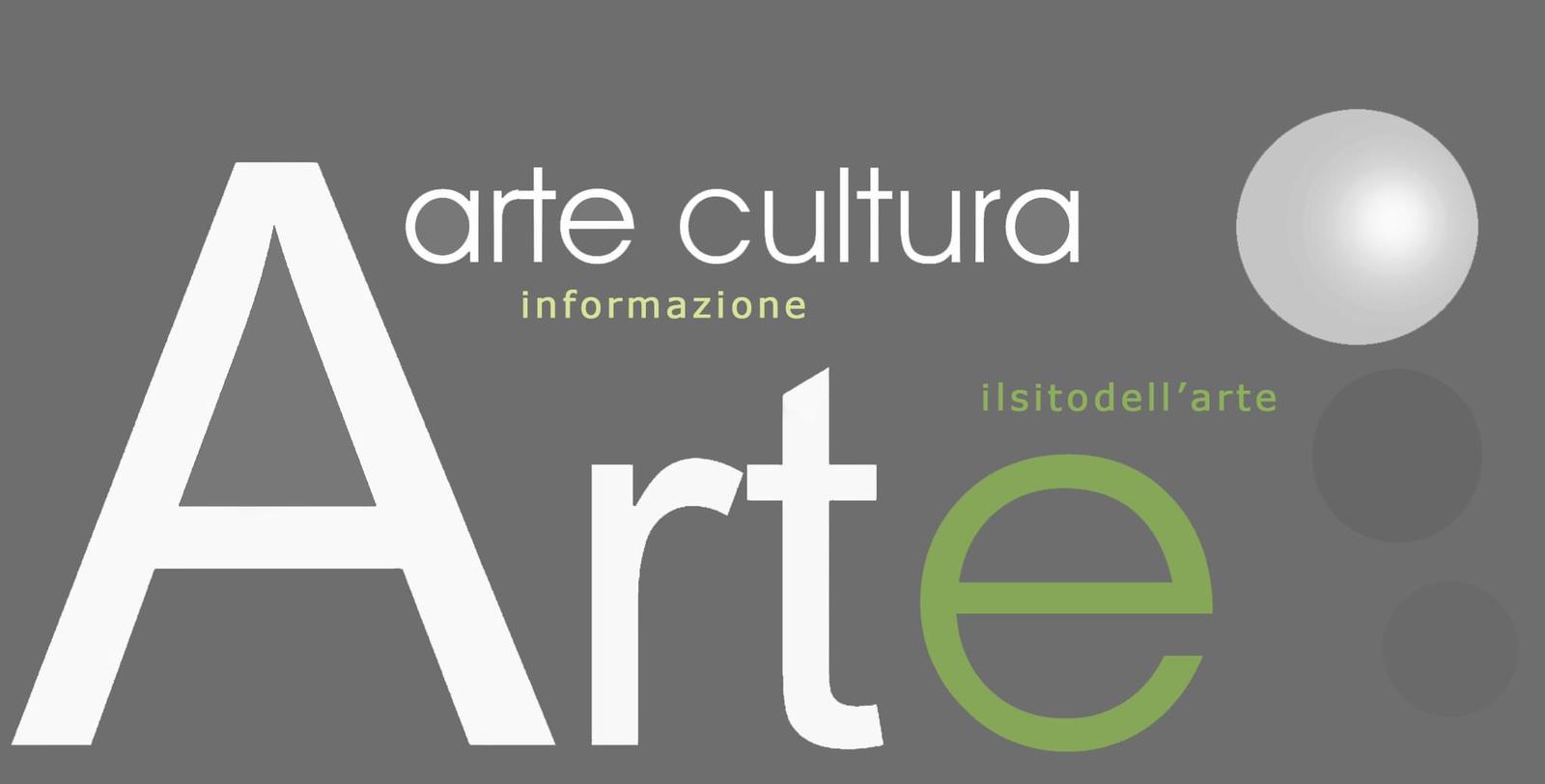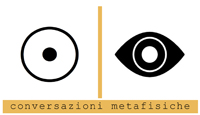Le forme schematiche di Schifano si andavano
sempre più precisando come campo;
le tele orlate da contorni rettangolari, ad angoli smussati,
somigliavano a uno schermo preparato a ricevere,
o ad un video appena acceso, che stia riscaldandosi;
o se si vuole all’inquadratura di un reflex fotografico,
che debba dettagliare una zona di veduta…
(M. Calvesi, cat. mostra Galleria Odyssia, Roma 1963)
La galleria Gió Marconi ha il piacere di presentare la mostra Mario Schifano. Qualcos’altro dedicata ad un nucleo di monocromi compresi tra il 1960 e il 1962, curata da Alberto Salvadori e in collaborazione con l’Archivio Mario Schifano.
L’artista comincia a realizzare questi smalti su carta intelata a partire dal 1959, dopo alcune esperienze informali.
Li presenta per la prima volta a Roma, alla galleria la Salita (1960), nella collettiva 5 pittori cui partecipano Giuseppe Uncini, Tano Festa, Francesco Lo Savio e Franco Angeli, e successivamente, in una personale alla Tartaruga (1961).
In anticipo rispetto ad altri protagonisti della scena romana, Schifano intende con i suoi monocromi non solo azzerare la superficie del quadro, anche come risposta all’informale, ma attribuirle un altro punto di vista, “inquadrarla”, proporre un nuovo modo di vedere e di fare pittura.
Il primo a capire che la superficie dei monocromi è semplicemente uno schermo sarà Maurizio Calvesi che così scrive nel catalogo della mostra alla Galleria Odyssia (1963): “Erano quadri originalissimi: verniciati con una sola tinta o due, a coprire l’intero rettangolo della superficie o due rettangoli accostati… Un numero o delle lettere (ma solo talvolta) isolati o marcati simmetricamente; qualche gobba della carta, qualche scolatura: il movimento della pittura era tutto lì.”
Comune denominatore di un’intera generazione di artisti da Lucio Fontana a Enrico Castellani, da Piero Manzoni a Yves Klein, il monocromo non è una novità tra la fine degli anni Cinquanta e l’inizio dei Sessanta e Schifano ne è perfettamente consapevole.
“Pensavo che dipingere significasse partire da qualcosa di assolutamente primario…”, racconta l’artista, “I primi quadri soltanto gialli con dentro niente, immagini vuote, non volevano dir nulla. Andavano di là, o di qua, di qualsiasi intenzione culturale. Volevano essere loro stessi… Fare un quadro giallo era fare un quadro giallo e basta”.
Azzeramento del gesto e del senso, dunque, un semplice pretesto per fare una pittura che riparta da zero, un incipit a qualcosa di diverso.
La grammatica dei monocromi di Schifano è molto semplice: smalti industriali dall’effetto lucido e coprente; colore “grondante” steso in maniera libera e non uniforme sulla ruvida superficie della carta da pacchi. L’intento è dare l’idea di una pittura da cartellone pubblicitario.
La superficie dei quadri, dai colori accesi e privi di sfumature, alla stregua di una lastra fotografica, prelude all’impressione di nuove immagini: è un nuovo spazio da indagare, un campo di germinazione che si dispone a produrre qualcos’altro.
L’emblematico titolo di questa mostra si riferisce a un’opera del 1960 che Schifano realizza appena ventiseienne e a un polittico del 1962 che figura tra le opere esposte.
Con efficace sinteticità da messaggio pubblicitario Qualcos’altro sta forse a indicare che ciò che l’artista intendeva dipingere doveva essere diverso da quanto si vedeva in giro; ma è anche un intento programmatico espresso in due parole: il monocromo, inteso come tabula rasa, è già pronto a trasformarsi in luogo di proiezione, campo fotografico in cui si metteranno a fuoco dettagli, particolari, frazioni di immagini.
Qualcos’altro ha un sapore quasi profetico, se si pensa che questi “schermi” si riempiranno presto dei nuovi segni della vita moderna. È alla luce di tutto questo che la mostra si concentra sui monocromi, a sessant’anni dalla loro nascita, in quanto tappa cruciale del cammino creativo di Mario Schifano e genesi della sua invenzione pittorica.
Alle opere verrà affiancato un nucleo di lavori su carta degli stessi anni e, per l’occasione, sarà pubblicato un giornale della mostra in formato tabloid con contenuti inediti dell’artista e un contributo di Riccardo Venturi e Alberto Salvadori.
ENG below
Schifano’s schematic forms became
increasingly defined as the field;
the rectangular canvases with rounded corners
resembled a screen ready for reception,
or a video just switched on and warming up;
or, if you will, the viewfinder on a reflex camera
which has to delineate a specific view…
(M. Calvesi, exh. catalogue, Galleria Odyssia, Rome 1963)
Gió Marconi gallery is pleased to present the exhibition Mario Schifano. Something else, dedicated to a group of monochromes from between 1960 and 1962, curated by Alberto Salvadori and in collaboration with the Mario Schifano Archive.
Schifano began to make these industrial enamel paintings on canvas-backed paper in 1959, after earlier experiments in Informalism. He first presented them in 1960 at Galleria La Salita in Rome, in the group exhibition 5 pittori, which he shared with Giuseppe Uncini, Tano Festa, Francesco Lo Savio and Franco Angeli, and later in a solo show at the Tartaruga gallery in 1961.
Ahead of other artists working in Rome at the time, Schifano not only intended his monochromes to empty the surface of the painting, partly as a reaction to Informalism, but also to attribute it with another point of view, to ‘frame’ it, to propose a new way of seeing and painting.
Maurizio Calvesi was the first to understand that the surface of the monochromes was simply a screen, as he commented in the Galleria Odyssia exhibition catalogue in 1963: ‘They were highly original paintings with only one or two colours to cover the entire surface of the rectangle, or two rectangles juxtaposed… A number or several letters (but only at times) isolated or symmetrically placed; a lump in the paper, some drips, that was the total movement of the painting.’
As the common denominator of an entire generation of artists, from Lucio Fontana and Enrico Castellani to Piero Manzoni and Yves Klein, the monochrome was no novelty between the end of the 1950s and the beginning of the ’60s, and Schifano was perfectly aware of this.
‘I thought painting meant starting from something absolutely primary’…, said Schifano, ‘The first all-yellow paintings with nothing in them, empty images, had nothing they wanted to say. They diverged from any cultural intention. They wanted to be themselves… Making a yellow painting was just making a yellow painting, that was all.’
Zeroing the gesture and meaning was therefore a simple pretext for making a painting that started from scratch, opening the way for something different.
The grammar of Schifano’s monochromes is very simple: industrial enamels with a glossy, covering effect; ‘dripping’ colour spread freely and unevenly on the rough surface of wrapping paper. The intention was to give the idea of a billboard painting.
The surface of the paintings with their bright colours and absence of tonalities, similar to a photographic plate, heralded the emergence of new images: it was a new space for investigation, a field of germination which was ready to produce something else.
The exhibition’s emblematic title refers to a work from 1960, made by Schifano when he was just twenty-six, and also to a polyptych from 1962, which is among the works on show.
With the effective conciseness of an advertising message, Qualcos’altro (Something Else) was perhaps meant to indicate that what the artist intended to paint had to be different from what was already available, but it was also a mission statement expressed in two words: the monochrome, denoting a tabula rasa, was ready to be transformed into a projection zone, a photographic field for focusing on details, particulars and fractions of images.
Something Else has an almost prophetic flavour, considering that these ‘screens’ were soon to be filled with new signs of modern life.
It is in the light of all this that the exhibition focuses on monochromes, sixty years after their creation. They were a crucial step in Mario Schifano’s creative journey and the genesis of his artistic invention.
The paintings will be accompanied by a group of works on paper from the same years, and to mark the occasion, a tabloid format newspaper of the exhibition will be published containing formerly unseen work by Schifano, together with contributions by Riccardo Venturi and Alberto Salvadori.
Mario Schifano. Qualcos’altro
A cura di Alberto Salvadori
22 gennaio – 20 marzo 2020
martedì – sabato; 11-19
GióMarconi
Via Tadino 20
20124 Milano
T. +39 02 36655133
F. +39 02 29405573
E. info@giomarconi.com www.giomarconi.com
UFFICIO STAMPA Lara Facco P&C
Viale Papiniano 42 20123 Milano
T. +39 02 36565133
E. press@larafacco.com www.larafacco.com
Image: Mario Schifano, Congeniale, 1960. Enamel on paper mounted on canvas 100.4 x 150.9 x 3.2 cm. Private collection, courtesy Fondazione Marconi, Milan. Photo: Fabio Mantegna © Mario Schifano by Siae 2019





